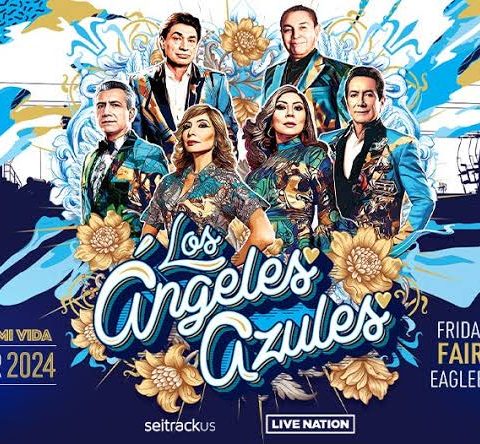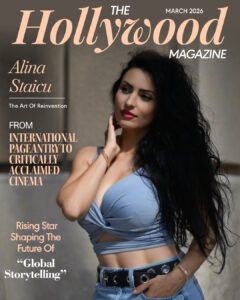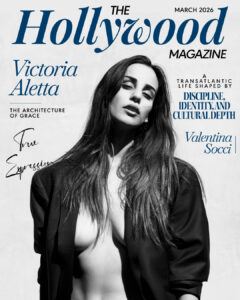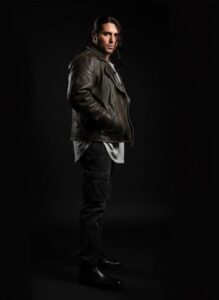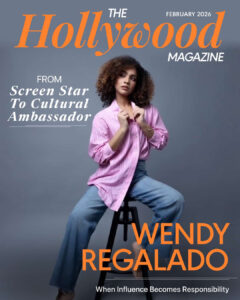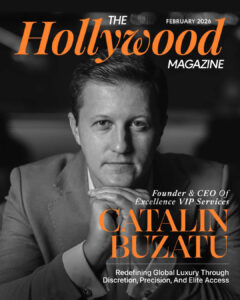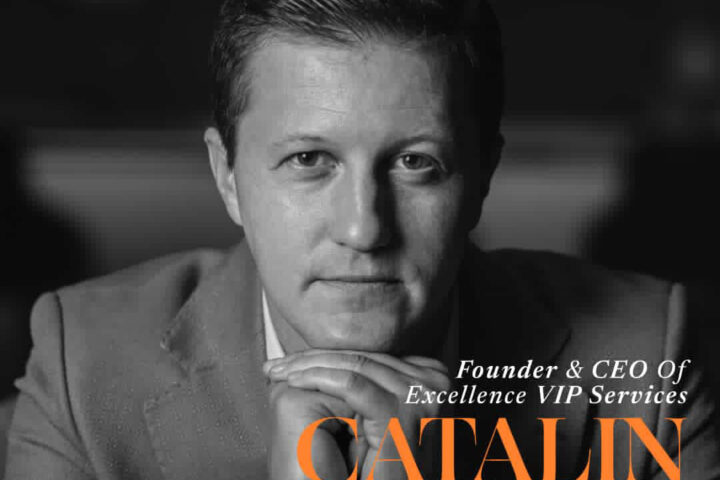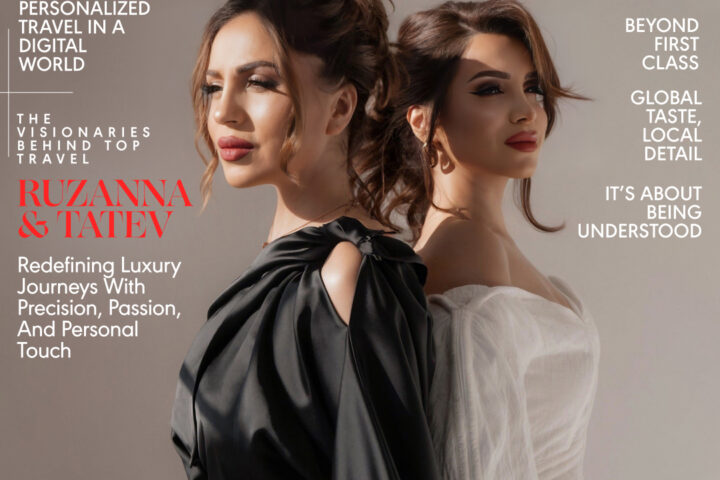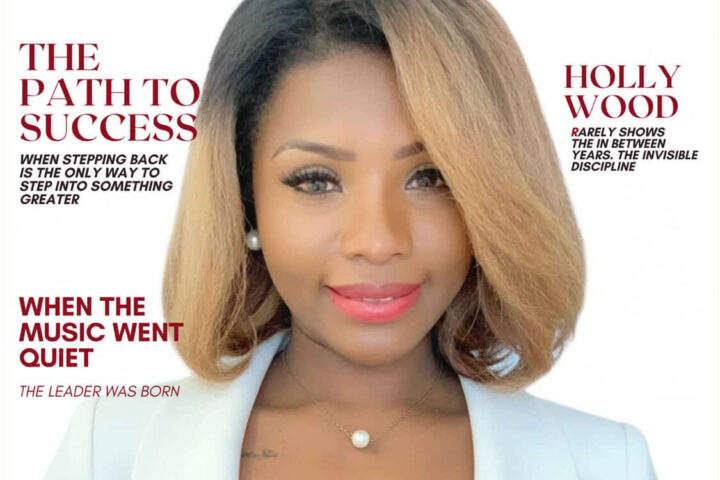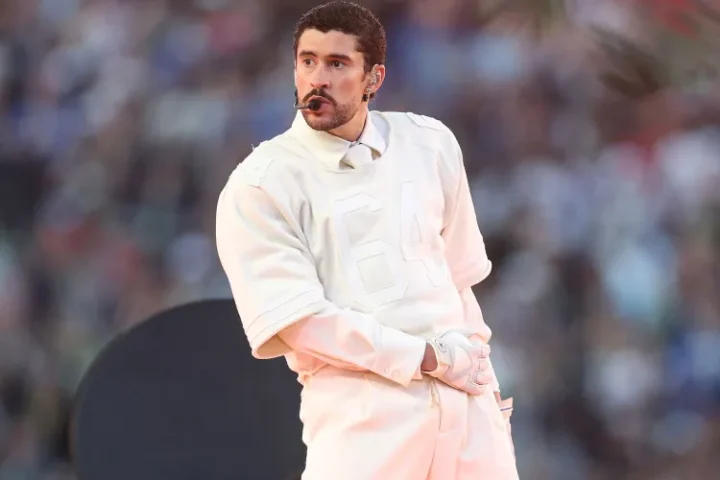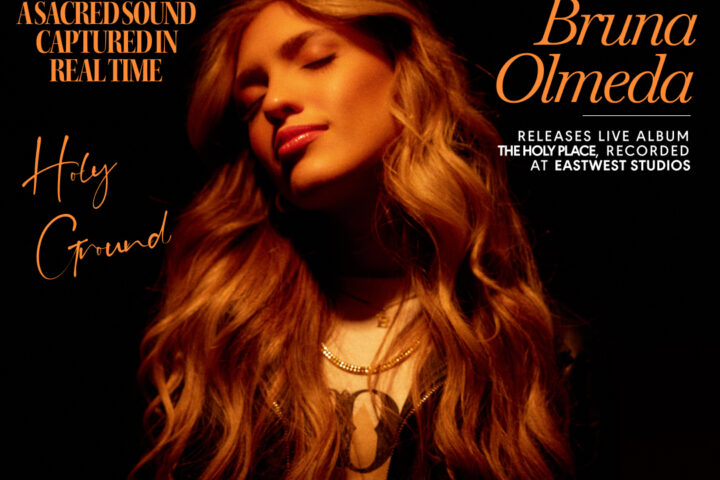
1. What drives you right now? What’s the fire that keeps pushing you to take bold leaps at an age when most people are still figuring out where to start?
What drives me is the idea that time is the most precious currency I have—and I don’t want to waste it. I feel a constant tension between the urgency of action and the weight of long-term vision. While many wait for permission, I move with the awareness that each year—each day—can build or delay something meaningful. The fire comes from an inner voice that tells me: if you don’t do it now, someone else will, and the moment might not come back. I’m not waiting to be “ready,” because I believe the world doesn’t wait for anyone. If you feel called to do something, you owe it to yourself to begin, no matter your age.
2. You’ve launched ambitious projects from Southern Italy to international stages. What gave you the courage to act before being “invited in”?
The courage came from not seeing another option. I come from a place where opportunity doesn’t knock on your door—you either open that door yourself or you stay stuck behind it. I didn’t have the luxury to wait for someone to validate my ideas. I had to learn early that moving forward without an invitation isn’t arrogance—it’s necessity. And over time, that mindset became my fuel. Acting without permission doesn’t mean ignoring others; it means trusting that your vision is worth building, even if no one else sees it yet. You become the proof others didn’t know they needed.
3. The Outdoor Film Festival didn’t come from a major city or a massive budget—it came from vision. How did you turn a dream into a real institution?
It started with nothing but an idea I couldn’t let go of. No funding, no big team, no safety net. Just belief—and an obsession with making it real. I knew if I wanted it to happen, I had to take the first step without knowing if the second would be possible. The earliest doubts were brutal: “Will people show up?” But when you refuse to compromise the quality of your dream, people begin to feel it. The festival worked because it was built with care and conviction in a place that no one expected it to rise from. That contrast made it powerful. And today, it’s no longer just an event—it’s a statement.
4. Being young in spaces dominated by experience and hierarchy isn’t easy. How do you establish authority without playing traditional power games?
I lead with substance, not noise. I don’t try to look older or speak in jargon. I focus on building something so strong that it speaks for itself. What earns respect isn’t your age—it’s your ability to deliver consistently. In rooms full of experience, I bring clarity, bold thinking, and the humility to ask questions when I don’t know something. I don’t need to act like a boss to lead. Real authority comes when others begin to trust that you’ll show up, do the work, and follow through—even when no one’s watching.
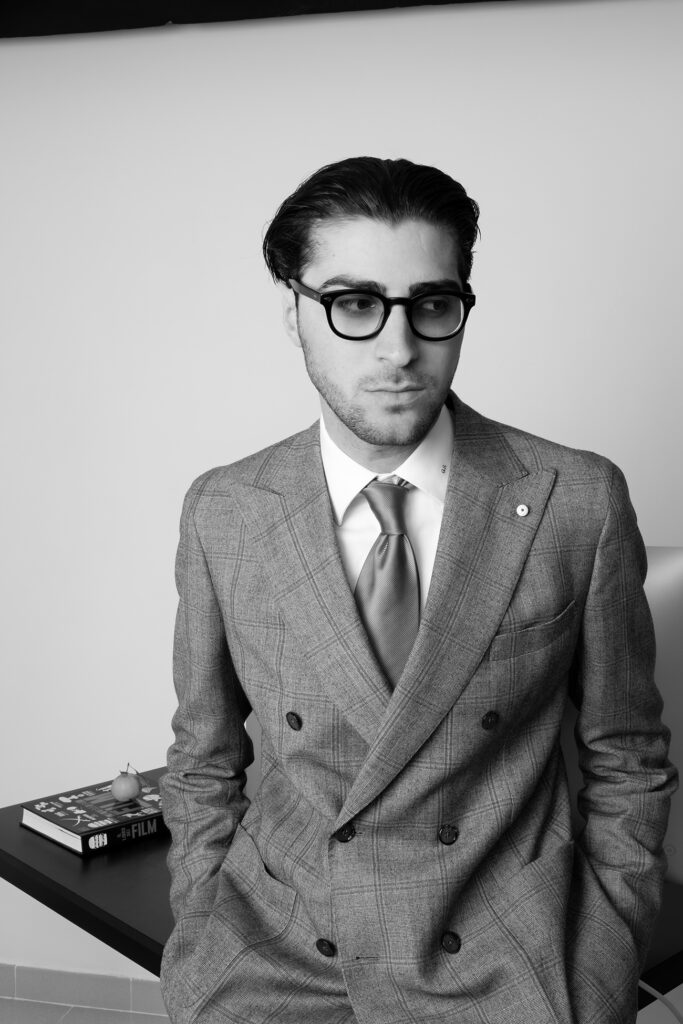
5. You’ve connected local communities and global institutions like NASA. What’s your strategy for bridging such vastly different worlds?
It starts with vision—and then, relentless connection. I believe in building bridges that others think are impossible. To connect a small Italian town with NASA, you need more than emails—you need purpose, story, persistence, and belief. I don’t pitch projects as “favors” or “asks.” I tell people why it matters and why they should care. And I always make sure the values align. Whether it’s an engineer from Florida or a mayor from my region, I speak the language of shared impact. That’s how you turn unlikely conversations into real partnerships.
6. What’s something people misunderstand about leadership at a young age—and how have you personally broken those stereotypes?
People think being young means you’re still trying to figure yourself out. But I think clarity can come early—if you’re paying attention. I don’t pretend to know everything, but I know what I believe in. I know what I want to change. That’s more than many older leaders can say. I’ve broken the stereotype not by proving I’m perfect—but by showing I’m consistent. I listen more than I speak. I show up before I’m expected. And I deliver results that force people to look past my age and focus on the outcome.
7. You’ve said you’re not chasing applause, but impact. What does impact look like to you?
Impact, to me, is what happens when something you build becomes part of someone else’s story. It’s not about being seen—it’s about sparking something that lives beyond you. I measure impact when a teenager tells me they now believe they can build something in their hometown. Or when someone rethinks their idea of what’s possible after attending the festival. Applause fades fast. Impact echoes. I don’t care about the spotlight—I care about shifting the horizon for the people watching.
8. From business to politics to the arts, you move fluidly across sectors. What’s the thread that ties all your work together?
The thread is transformation. Everything I do—whether in entrepreneurship, cultural events, or public discourse—is about taking what exists and asking: “How can this be better, more inclusive, more visionary?” I’m not attached to sectors—I’m attached to impact. If I can create change through cinema, I’ll do it. If the next step is politics, I’ll walk it. What matters is that everything I touch leaves people more inspired, more connected, and more awake than before.
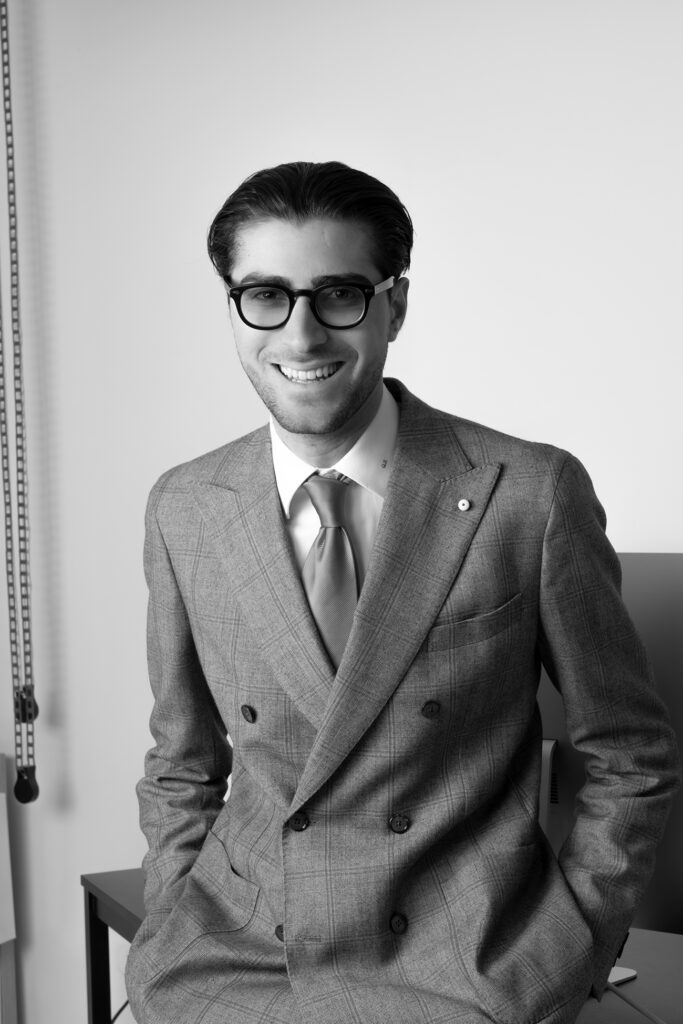
9. You’ve studied in Liverpool, Miami, Rome, Berlin, and Nice—what has that global academic journey taught you about local change-making?
It taught me that local change is deeply global. Every city shaped my perspective—Liverpool taught me resilience, Miami taught me ambition, Rome gave me identity, Berlin challenged my assumptions, and Nice expanded my understanding of diplomacy. Together, they gave me tools to act anywhere—but also made me see my roots with new eyes. Global learning made me realize that small towns don’t need to copy big cities—they can lead with their own stories, if they believe they’re worth telling.
10. There’s a bold phrase in your story: “act young, lead with heart, and let results speak.” How do you stay grounded while aiming for something that lasts?
I stay grounded by remembering that leadership is service, not status. Every time I feel overwhelmed or disconnected, I go back to the people. I talk to my team, I walk through my hometown, I revisit why I started. The phrase “let results speak” reminds me that the real work happens off-camera—when no one’s clapping, when the process is messy, when doubt is loud. I aim big, yes—but I never forget that longevity comes from humility and consistency, not hype.
11. Looking ahead, what’s your vision for the next chapter—not just for Giuliano, but for the generation you represent?
My vision is to show my generation that leadership is not a privilege—it’s a responsibility. I want to create more spaces where young people don’t just participate, but lead. Where they’re not asked to wait, but empowered to act. The next chapter isn’t just about what I’ll build—it’s about who else I’ll bring with me. I want my story to open doors, yes—but more importantly, I want it to remind others: if I could do it, from where I started, so can you. And you might even do it better.



